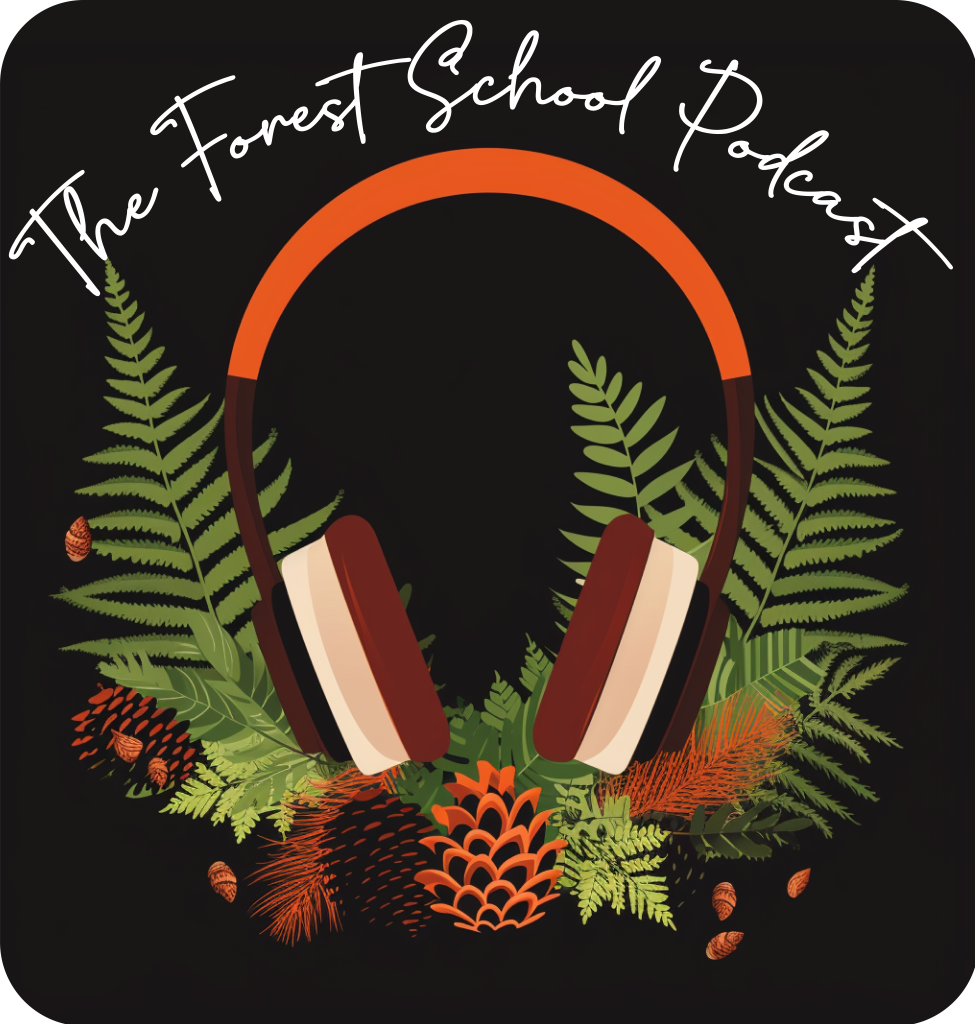In a recent podcast episode, we had the pleasure of chatting with Heather Shumaker, an acclaimed author and expert in early childhood education. Known for her insightful perspectives on parenting, teaching, and children’s development, Heather shared invaluable insights on fostering resilience in kids. In this blog post, we aim to distill the essence of our conversation into a comprehensive guide for parents, educators, and anyone passionate about nurturing resilient, independent, and confident children.
We delved into Heather’s approach to education, emphasizing the importance of giving children more autonomy in their play and decision-making. Heather advocates for letting kids take risks, make choices, and learn from their experiences, ultimately fostering a sense of independence and resilience. We discussed the balance between providing guidance and allowing space for children to explore their capabilities.
One of the key takeaways from our conversation was the importance of risky play in a child’s development. Heather highlighted that taking risks, such as climbing trees or building makeshift structures, allows kids to understand their own limits, make decisions, and develop problem-solving skills. Our discussion emphasized the need for a shift in perspective regarding risky play and the benefits it brings to a child’s growth.
Heather shed light on the crucial role adults play in cultivating resilience. Whether parents or educators, adults need to provide a supportive environment where children feel secure to take risks. By reframing challenges as opportunities for growth, adults can guide kids through difficult situations, teaching them to cope with setbacks and learn from their experiences.
Our conversation touched upon the delicate balance of setting boundaries while encouraging independence. Heather shared insightful anecdotes about how children learn to navigate conflicts when given the opportunity. By involving children in conflict resolution, they develop essential social skills, understand the consequences of their actions, and learn the art of compromise.
We explored how Heather’s philosophy translates into educational settings, particularly in the context of mass education where classes may have limited resources. Heather acknowledged the challenges educators face in implementing her ideas but highlighted instances where teachers have successfully applied her principles. The conversation also touched on the importance of gaining buy-in from parents and effectively communicating educational philosophies.
Heather emphasized that the fundamental principles of her philosophy are ageless and can be adapted for different age groups. Whether dealing with toddlers or college-age kids, the core concepts of accepting feelings, setting limits, and resolving conflicts remain applicable. The key lies in tweaking the approach based on the age and understanding of the child.
A significant portion of our conversation revolved around the sensitive topic of gunplay, particularly in the context of the United States where gun ownership is prevalent. Heather navigated through the complexities of allowing children to engage in gunplay while ensuring their safety. She highlighted the importance of addressing real-life implications and teaching children to differentiate between toy weapons and real firearms.
Heather shared anecdotes illustrating the dynamics of play and exclusion among children. By recounting instances where children set their own boundaries, she emphasized the importance of understanding and addressing underlying fears or concerns. We explored how these principles extend beyond childhood, shaping social dynamics and inclusion in various settings.
The final segment of our conversation touched upon Heather’s other works, including her young adult books and a children’s ghost story set in Somerset, England. Heather graciously shared insights into her personal connection with Somerset and her family ties in the region. The hosts expressed gratitude for Heather’s impactful work and the role she plays in promoting outdoor education and environmental awareness.
Our conversation with Heather Shumaker was a rich exploration of her groundbreaking philosophy on childhood development and education. By summarizing the key insights from our discussion, we hope this blog post serves as a valuable resource for parents, educators, and anyone passionate about empowering the next generation with resilience, independence, and a love for the world around them.



Leave a comment